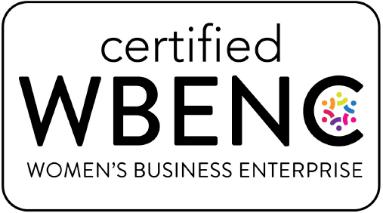Authored By:

Janeen Vilven-Doggett, Ph.D.
Partner
More Articles
The Importance of a Strong Licensing Agreement
Your company has worked hard to develop its intellectual property. It is understandable that you would want to protect it. But you want to accomplish that goal while retaining the ability to monetize your intellectual property and reap the financial benefits you’ve earned from your efforts.
An effective licensing agreement is the most effective solution for protecting your intellectual property. A licensing agreement allows owners of intellectual property to authorize third parties to use, alter, or resell the property for a mutually agreed-upon price, without transferring ownership to the third party. There are three main categories of licensing agreements:
- Licenses for using certain products, such as a patent
- Licenses for universal rights to use a given intellectual property, including individual components used to create the original property
- Licenses for standardized markets, for example, the creation of a USB device
For a licensing agreement to be fully effective, certain factors must be accounted for. All parties should be clear on who owns (and will continue to own) trademark and/or patent rights before drafting a licensing agreement. Specifically, the following categories must be specified.
- Nature of the IP registration, e.g., trademark, trade dress, slogans, or brand names
- Trademark range for products or services: broad or limited, time range, pre-emptive pertaining to similar but not necessarily identical goods and services
- Geographical range, i.e. countries or countries of primary, secondary, or tertiary interest
In addition, any licensing agreement should include the following components:
- IP rights covered
- Geographic territory
- Exclusivity and sublicensing rights
- Royalty versus lump sum compensation
- Reporting (transparency and due diligence)
The intellectual property owned by your company is as important as the initial investment you made to launch your business. However, it’s one thing to own intellectual property, it’s an entirely different matter to put your IP to practical use and gain financial benefit from it. Peacock Myers, P.C. can help.
Sincerely,
Janeen Vilven-Doggett, Ph.D.


